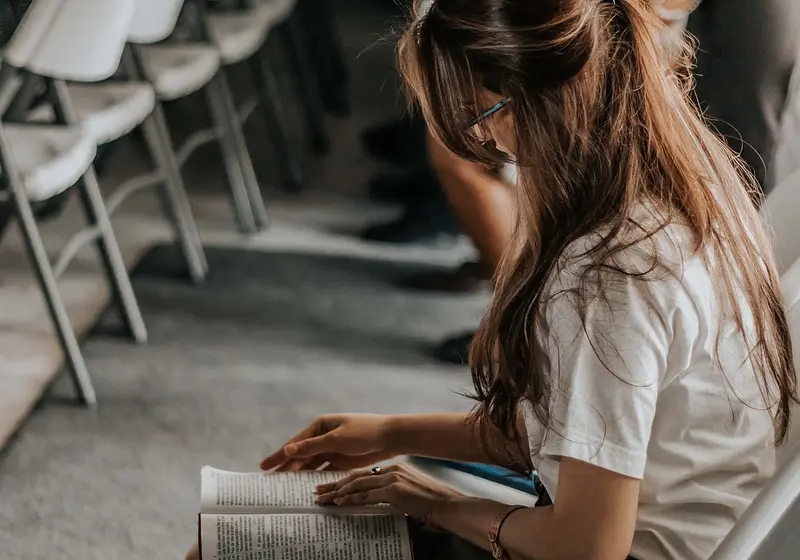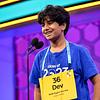The Ivy League reserves their front-row seats for the elite; one in six students in Ivy League institutions has parents in the top 1%. At Harvard, 37% of the class of 2025 attended private schools, and only 2.58% of regular decisions were accepted that year.
At this point, a private school student would impress admissions officers with a 1550 SAT score and cookie-cutter extracurriculars more than a public school student with a 1600 and a Nobel Peace Prize.
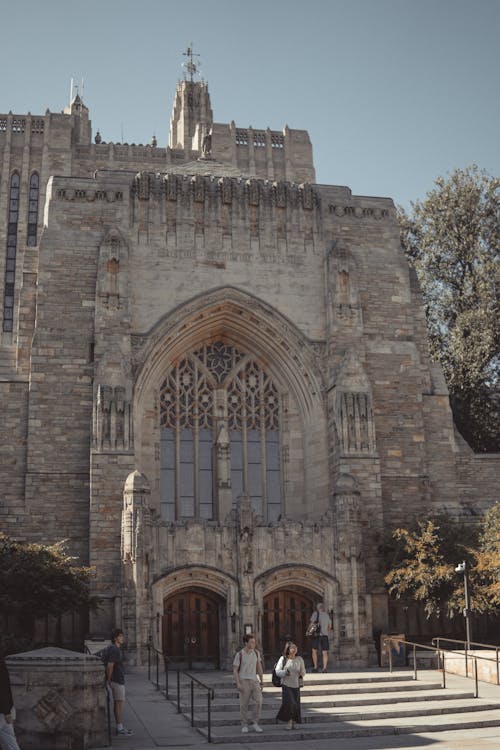
Line Knipst/Pexels
Some specific private schools are manufacturing Harvard-bound students in the hundreds, and they’re branded as “Ivy Feeder Schools.” Prep schools like Phillips Exeter and Horace Mann are just as expensive as the Ivy League with on-campus tuition at a whopping $61,121. From this, admissions officers can note that a student from Phillips Exeter can easily afford their staggering fees. Some parents are desperate to get their kids into these schools; Qi Tom Chen, a tech honcho, bribed Horace Mann’s admission department with millions to get their child into the Ivy League.
It’s no wonder these parents are desperate. Private schools offer college coaches who can perfectly craft an application. Some of these coaches were previous admissions officers, or they’ve worked at these elite universities.
So, they can harness their connections with a simple phone call. Sophie Callcott, a Stanford junior, wrote a New York Times Op-Ed about her experience with her college counselor. Her counselor called admissions officers for guidance, and they “simply responded that (she) should keep (her) A in honors calculus.”

Cottonbro Studio/Pexels
In addition to their counseling, coaches send “notoriously flowery” recommendation letters. John Morganelli Jr., a former admissions director at Cornell explained in an interview that “(Parents) never say what really happens: Did the guidance counselor advocate on that kid’s behalf?” Most private schools have an entire college counseling staff, allowing students to have one-on-one time. But public school students get one college counselor who - in most cases - can barely spend 10 minutes with a student.
And private schools know what it takes to get into the Ivy League. Phillips Exeter: with a student-to-teacher ratio of 5:1 and over 450 courses mostly taught by PhD teachers restructured the typical school day. Many Ivy Feeder schools add club periods to their students’ schedules.
So, the weekly 1-hour meeting for a public school chamber orchestra would be a daily meeting at a private school. Of course, these daily attendees will have more skill than a hebdomadal club member.
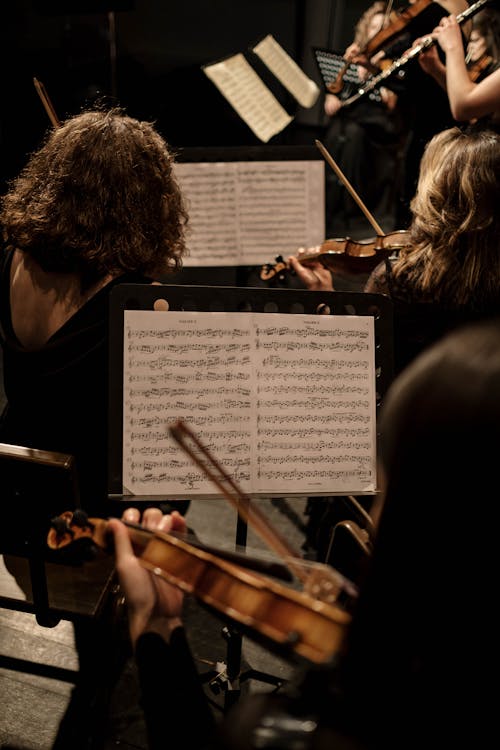
Cottonbro Studio/Pexels
But the Ivy League doesn’t just want private school kids for their robust résumés. New SAT data analyzed by the New York Times reveals that children in the top 0.1% receive better scores. The 12,000 students in this group attended exclusive private schools and college prep services; sometimes, private college counseling costs $350 an hour. For some affluent teens, achievement comes easy.
In the Harvard class of 2017, one out of every 20 students attended one of the seven renowned Ivy Feeder schools. However, some Ivy Feeders are public schools like Stuyvesant High School and Lexington High School. Nonetheless, these schools are known for their highly selective admissions process; in some cases, it can be just as competitive as getting into Brown.
Therefore, prep school kids end up in selective universities because they’ve already gone through the intensive process once. From here, the schools place students in classes geared toward college preparation. For instance, Noble and Greenough offer classes like Advanced Projects in Physics, Atmospheric Chemistry, and Immunology; this school was originally established by Harvard graduates and served as an Ivy League prep school. Ultimately, Harvard is just a continuation for kids who’ve attended these exclusive high schools.
At these prestigious institutions, there’s an income gap just as discernible as that in the Ivy League. Nataly Delcid authored an essay in the Washington Post, detailing her experience as a low-income student at Phillips Exeter Academy. She explained, “At Exeter, going to Harvard wasn’t a funny dream, it was a perfectly reasonable goal. I could knock on my math teacher’s door after dinner to get tutoring.” Still, she felt out of place with her peers who have attended “private schools since they were toddlers.” Stanford analysis unearthed that the “academic achievement gap between high- and low-income families is nearly twice as large as the Black-White achievement gap.”
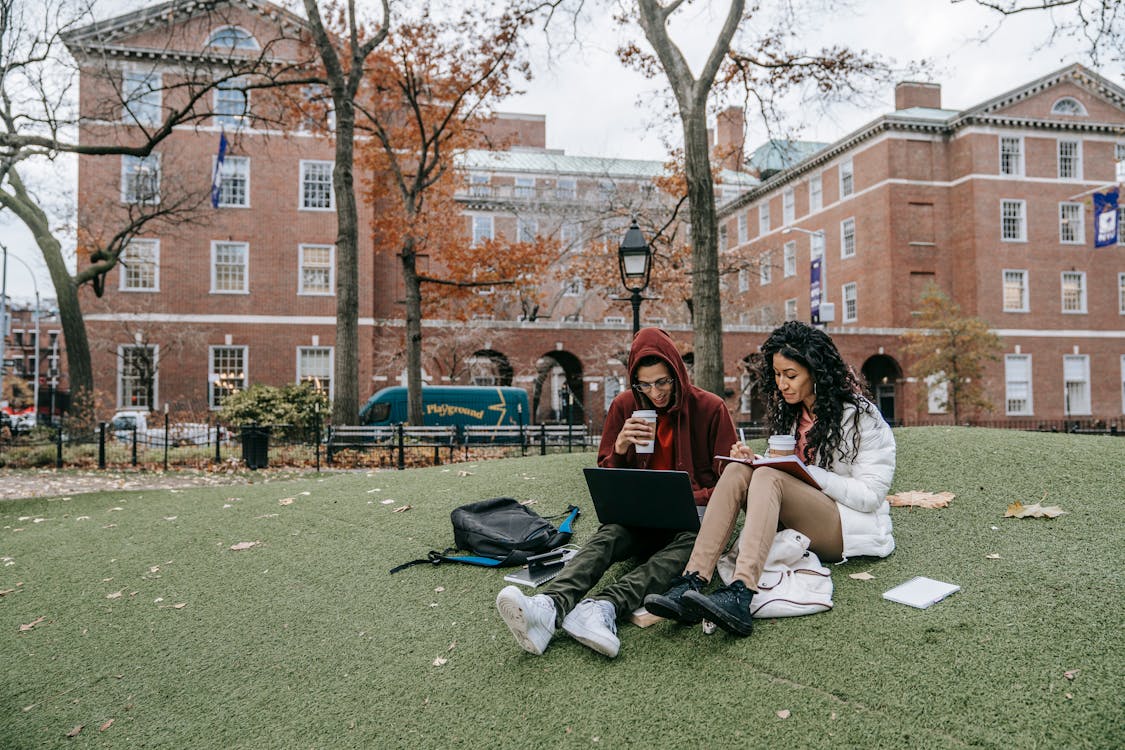
Keira Burton/Pexels
While the Ivy League (and Stanford) pride themselves on their racial equality, there needs to be more emphasis on the income gap. Ultimately, private colleges are businesses. With endowments of $50.9 billion and $40.7 billion, the Ivy League can relish in their funds.
These universities want alumni who can donate annually, and students who require less financial aid. Admissions officers resort to legacies for these financial advantages. Legacy students made up 36% of Harvard’s class of 2022.
With Ivy Day fast approaching, remember to not base your self-worth on what college you get into. Your academic and personal achievement isn’t determined by 10 admissions officers who get 15 minutes to look at your profile. Lastly, don't let others dictate your success or failure based on college admissions outcomes.
If you’re a public school student, applaud yourself on your achievement despite the lack of opportunity and guidance that private schools offer. If you get rejected from the Ivy League, just know that there are other paths to success, and the Ivy League doesn't guarantee it.


